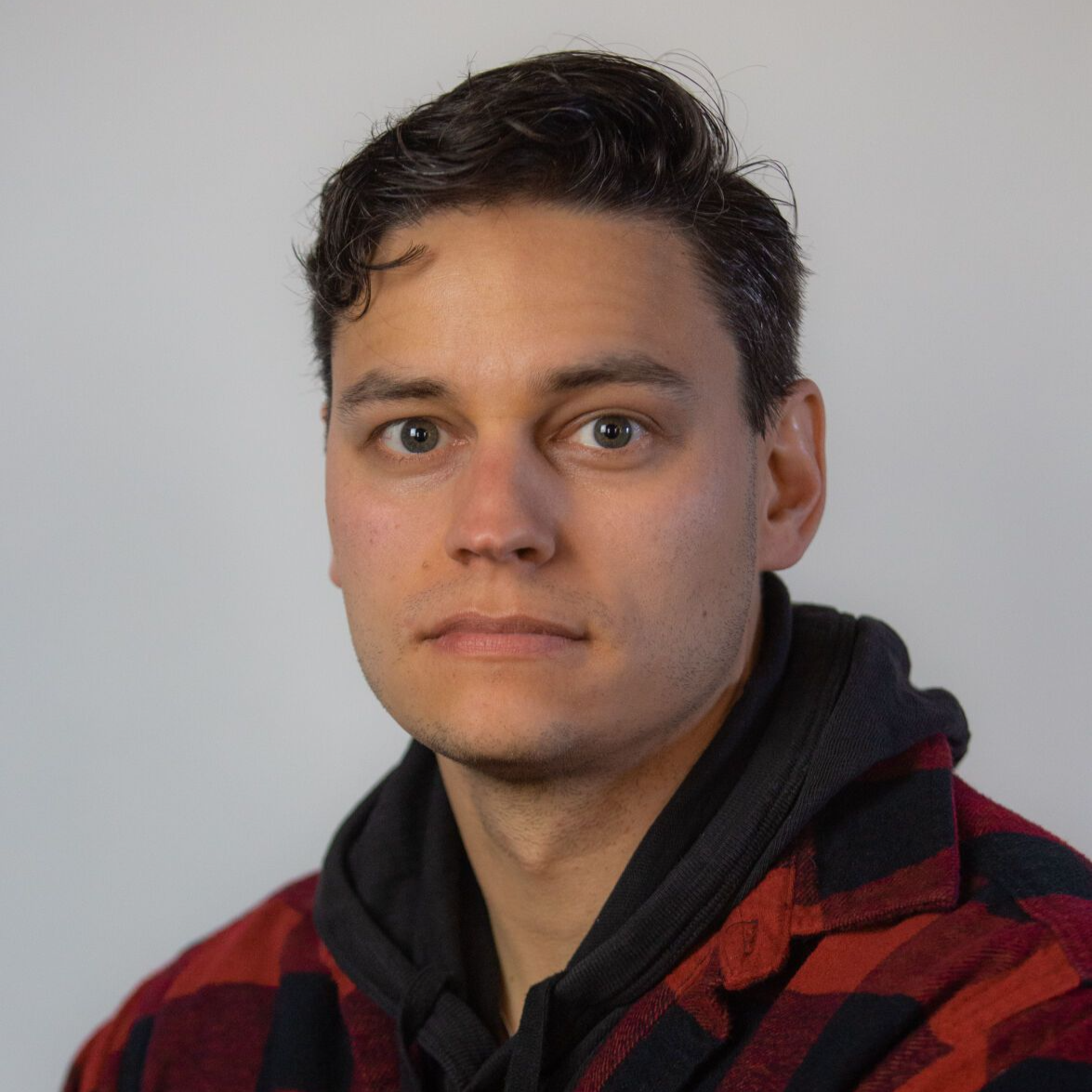Albany State alumni say HBCU getting bad deal in presidential search

A hiring search is underway for the next president of Albany State University, but alumni of the historically Black college don’t like what they see.
Some believed last year’s departure of former president Marion Ross Fedrick presented an opportunity. A rigorous national search process could nab the 6,800-student school a highly qualified leader who could help ASU and its surrounding communities flourish.
And it could reverse a developing trend: Twice since 2013, ASU interim presidents have been elevated to the permanent role. An alumni group believes that trend is no coincidence, arguing the University System of Georgia conducts weaker presidential searches — and thus produces weaker candidates — for HBCUs than it does for predominantly white institutions.
“It’s a very curious thing going on as it pertains to an Albany State University,” said Antonio Daniels, a higher education researcher who graduated from ASU in 2004. “It’s even more curious, and that’s the kindest word I can use, when we consider that Georgia has historically underfunded its historically Black colleges.”
Worried that the University System of Georgia is set to continue the pattern for a third consecutive time, nearly 600 people have signed a petition asking USG Chancellor Sonny Perdue to not consider current interim president Lawrence M. Drake II for the permanent position.
“Unfortunately, during the past two presidential selections, we have not been able to benefit from the honest fruits of a national search committee,” reads the petition. “We hope that the current process is not mere metaphorical smoke and mirrors, resulting in the same predetermined results of the last two presidential selections.”
The Georgia Board of Regents earlier this month held closed-door meetings to discuss the search process for Albany State and Savannah State University. The board does not discuss candidates until a finalist is named, so they have not publicly said if Drake is a candidate. The head of the Albany State search committee referred an interview request to the USG. When asked for comment, a USG spokesperson said the search is still in progress.
A group of alumni say they have nothing against Drake but can’t help but notice how his resume compares to those of recently appointed PWI presidents.
For instance, John L. Evans spent more than a decade in academia before he was named president at the College of Coastal Georgia earlier this month. So too did Russell T. Keen, who the USG selected as Augusta University president last June. Both had served in higher-education leadership roles for years.
A USG press release touts Drake’s “40 years of leadership experience.” But most of that experience was during his 21 years at the Coca-Cola Company, including as a division president. He served one year as a dean at Bethune-Cookman University in Florida before becoming its interim president, a controversial one-year stint where students protested on campus about the school’s living conditions. Drake did not respond to a request for comment.
“Higher education usually requires deep industry expertise for campus-level chief executives,” ASU grad and University of Southern California provost professor Shaun Harper wrote in an email. “Shortchanging a presidential search process would never fly at a PWI, especially not those at which I have worked,” he added, noting that he’s served on multiple executive-level search committees.
Xavier Jones, ASU class of 2012, believes that Drake’s resume would not have landed him an interim president role in one of the state’s PWIs.
“So there’s obviously a different metric in which we are measured by and treated. Simple as that,” Jones said.
Last June, the Board of Regents named members to Albany State’s presidential search committee. ASU held a listening session on campus the next month, but alumni say the do not feel heard.
“We don’t want to seem as though we’re an angry group,” said Sue Polite-Williams, who graduated from and previously worked for the school. “All we’re asking is to be treated the same as a PWI. Allow us the opportunity to go through this search process and it not be a façade.”
Daniels, though, is irate. After noting that the Board of Regents has only one Black member, he said the search process is not just inequitable, but representative of larger historical inequities faced by HBCUs.
“I come out of that Christian tradition that says that you should have a righteous indignation at injustice,” said Daniels. “I’m angry.”
Attracting good candidates is easier at well-resourced universities. That’s according to David A. Thomas, president of Morehouse College. He’ll retire from the school this summer, and the board of trustees at the private Atlanta HBCU is currently looking for his successor. While Thomas has never worked at a public institution and is not familiar with the USG presidential search process, he doesn’t believe the concerns of ASU alumni are unwarranted.
“It’s very obvious to me when I look at the leadership at Georgia Tech, Georgia State, and people in those roles, that they had a robust process and brought in high quality individuals to run those institutions, and they’re under the same umbrella,” he said, referring to the USG. “So the question would be, are they doing something different when it comes to the HBCUs in the state than they’re doing when it comes to the predominantly white research universities in the state? My guess is they are.”
“I could be wrong,” Thomas said. “I hope I am, but I doubt it.”



